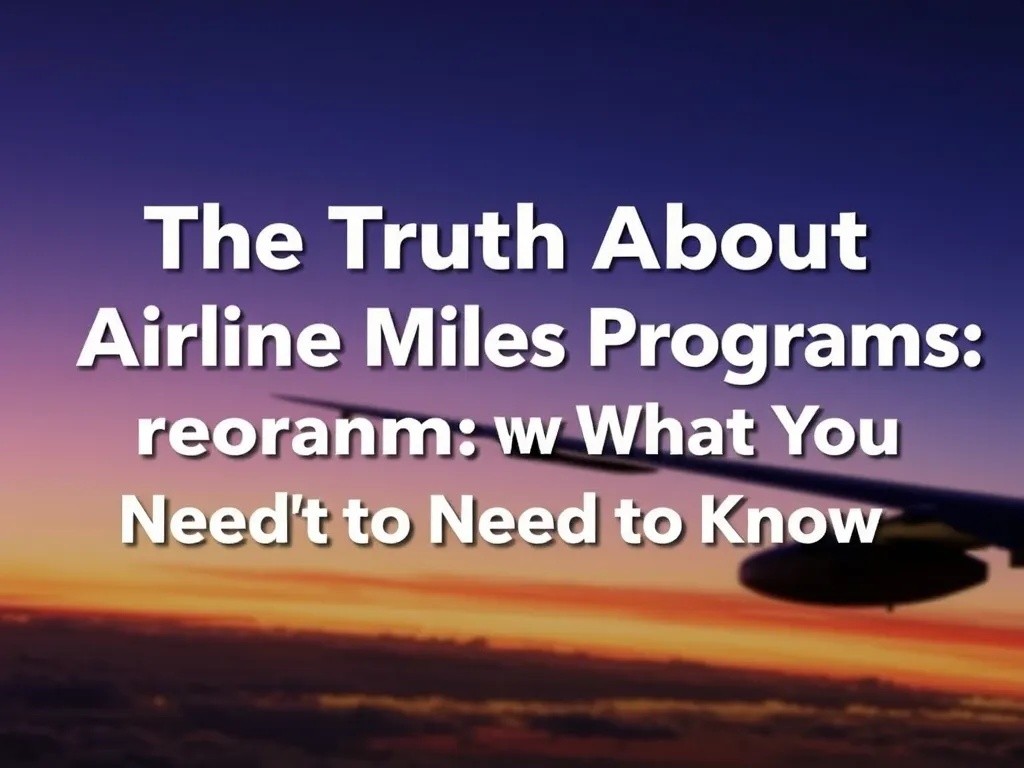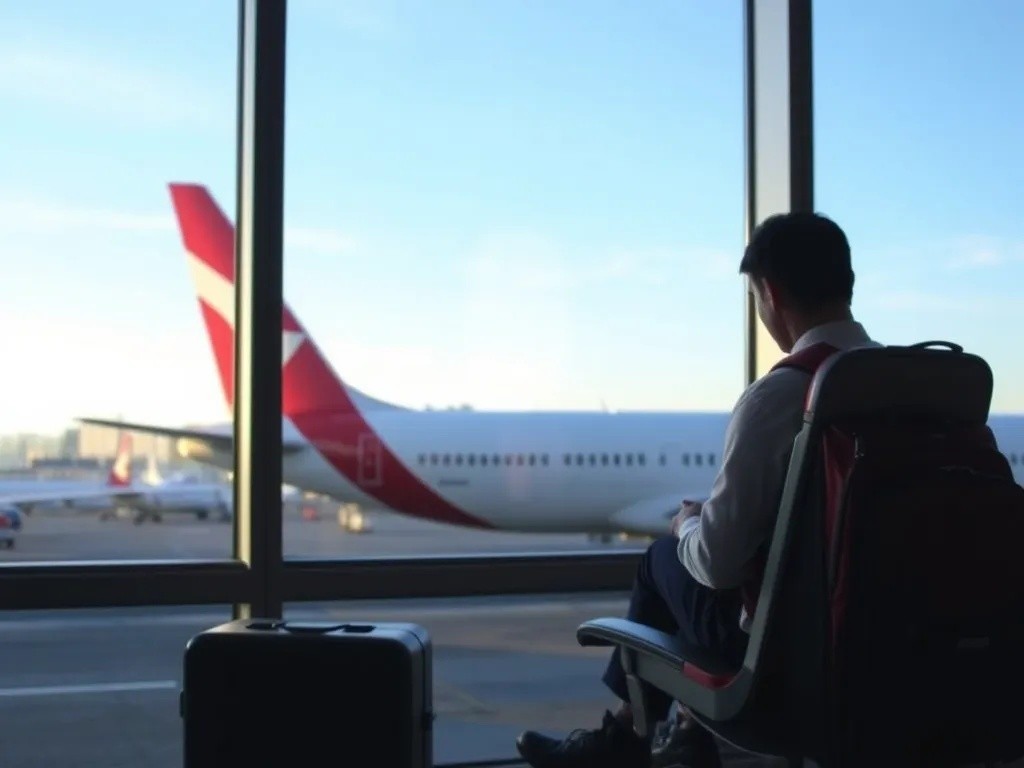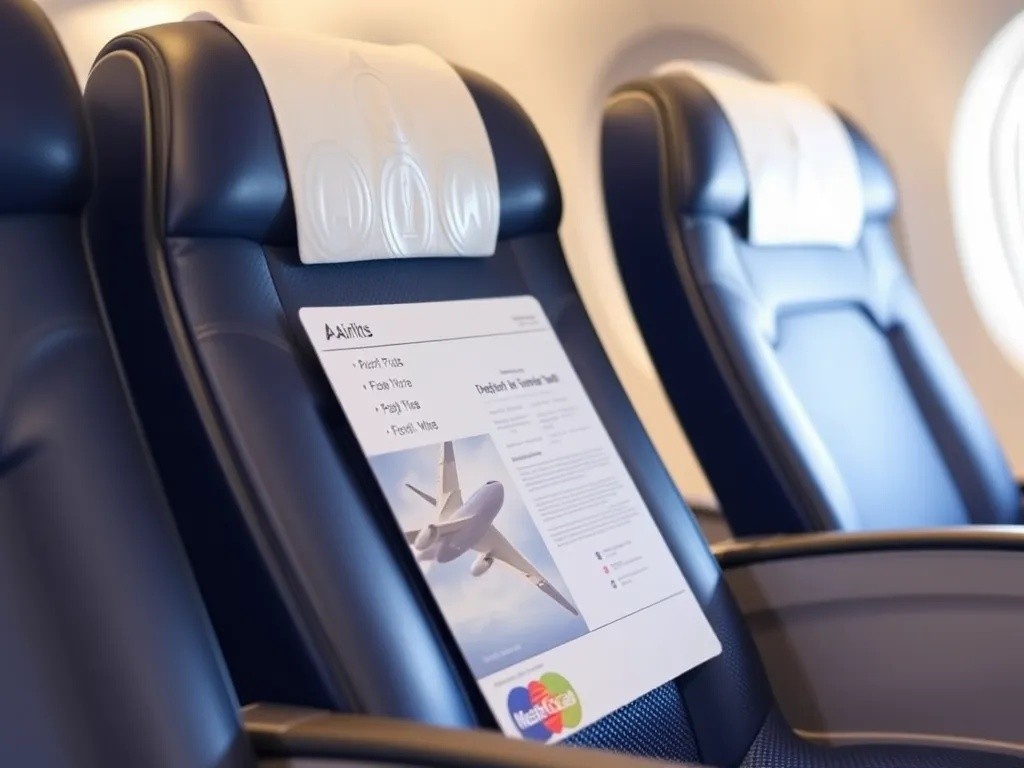Airline miles programs have become one of the most popular loyalty schemes in the travel industry, promising free flights, upgrades, and exclusive perks. However, the reality behind these programs is far more complex than their marketing suggests. Understanding how they truly work can help you make informed decisions about whether they're worth your time and money.

How Airline Miles Programs Really Work
At their core, airline miles programs are designed to encourage customer loyalty by offering rewards for frequent travel. When you fly with an airline or its partners, you earn miles based on factors like distance traveled, ticket price, or elite status level. These miles can then be redeemed for flights, upgrades, or other rewards.
The Evolution of Mile Earning
Traditional programs awarded miles based purely on distance flown, but most major airlines have shifted to revenue-based systems. This means you earn miles based on how much you spend on tickets rather than how far you travel. Budget travelers who once could accumulate miles quickly by flying cheap, long-distance routes now find themselves earning significantly fewer rewards.
The Hidden Costs and Limitations
Award Availability Challenges
One of the biggest frustrations with airline miles programs is limited award availability. Airlines typically allocate only a small percentage of seats on each flight for mile redemptions. Popular routes and peak travel times often have zero award seats available, forcing travelers to either pay cash or use significantly more miles for "premium" award bookings.
Expiration and Devaluation
Many airlines impose expiration dates on unused miles, typically ranging from 12 to 24 months of account inactivity. Even more concerning is the practice of devaluation, where airlines periodically increase the number of miles required for awards or reduce the value of existing miles. This practice effectively diminishes the purchasing power of accumulated miles over time.
Fees and Taxes
Award tickets aren't truly "free." Most international award flights come with substantial fees and taxes that can range from $50 to over $500, depending on the destination and routing. These costs can make award tickets significantly more expensive than initially advertised.

Who Benefits Most from Miles Programs
Business Travelers
Business travelers who fly frequently and often pay higher fares are the primary beneficiaries of airline miles programs. They can achieve elite status quickly, which provides valuable perks like:
- Priority boarding and check-in
- Free checked bags
- Complimentary upgrades
- Access to airport lounges
- Bonus miles on future flights
Credit Card Strategists
Travelers who use airline-branded credit cards strategically can accumulate miles through everyday spending. However, this requires careful management of multiple cards and understanding complex earning structures.
The Psychology Behind Miles Programs
Airlines design these programs to create psychological loyalty rather than genuine value. The accumulation of miles triggers reward pathways in the brain, making customers feel like they're earning something valuable even when the actual return on investment is minimal. This psychological effect often leads people to make suboptimal travel choices, such as taking connecting flights or choosing more expensive airlines to earn or redeem miles.
Maximizing Value: Strategies That Work
Focus on Sign-Up Bonuses
The most efficient way to accumulate miles is through credit card sign-up bonuses rather than actual flying. Many airline credit cards offer bonuses worth 50,000 to 100,000 miles for meeting minimum spending requirements.
Strategic Redemptions
To maximize value, focus on redeeming miles for expensive routes where the cash price is high. International business or first-class flights often provide the best redemption value, sometimes worth 5-10 cents per mile compared to the typical 1-2 cents for domestic economy flights.
Partner Programs
Many airlines belong to global alliances, allowing you to earn and redeem miles across multiple carriers. This flexibility can provide better award availability and more routing options.

When Miles Programs Don't Make Sense
Infrequent Travelers
If you fly less than once or twice per year, airline miles programs likely aren't worth the effort. The miles will accumulate slowly, may expire before you can use them, and the opportunity cost of choosing flights based on miles rather than price and convenience is significant.
Budget-Conscious Travelers
Budget airlines often offer lower cash prices than the value you'd get from redeeming miles on traditional carriers. For price-sensitive travelers, paying cash for budget airline tickets usually provides better value than earning and redeeming miles.
The Future of Miles Programs
Airlines continue to modify their programs to reduce costs and increase profitability. Recent trends include dynamic pricing for award tickets, where mile requirements fluctuate based on demand, and the expansion of non-flight redemption options like hotels, car rentals, and merchandise.
Making an Informed Decision
Before committing to an airline miles program, honestly assess your travel patterns and preferences. Calculate the actual value you're likely to receive based on your typical travel behavior, not best-case scenarios promoted by airlines. Consider whether the restrictions, fees, and time investment required to maximize miles align with your travel goals.
Airline miles programs can provide genuine value for frequent travelers and those who use them strategically. However, they're not the universal benefit they're often portrayed to be. By understanding their limitations and designing a strategy that fits your specific travel patterns, you can make these programs work for you rather than against you.
